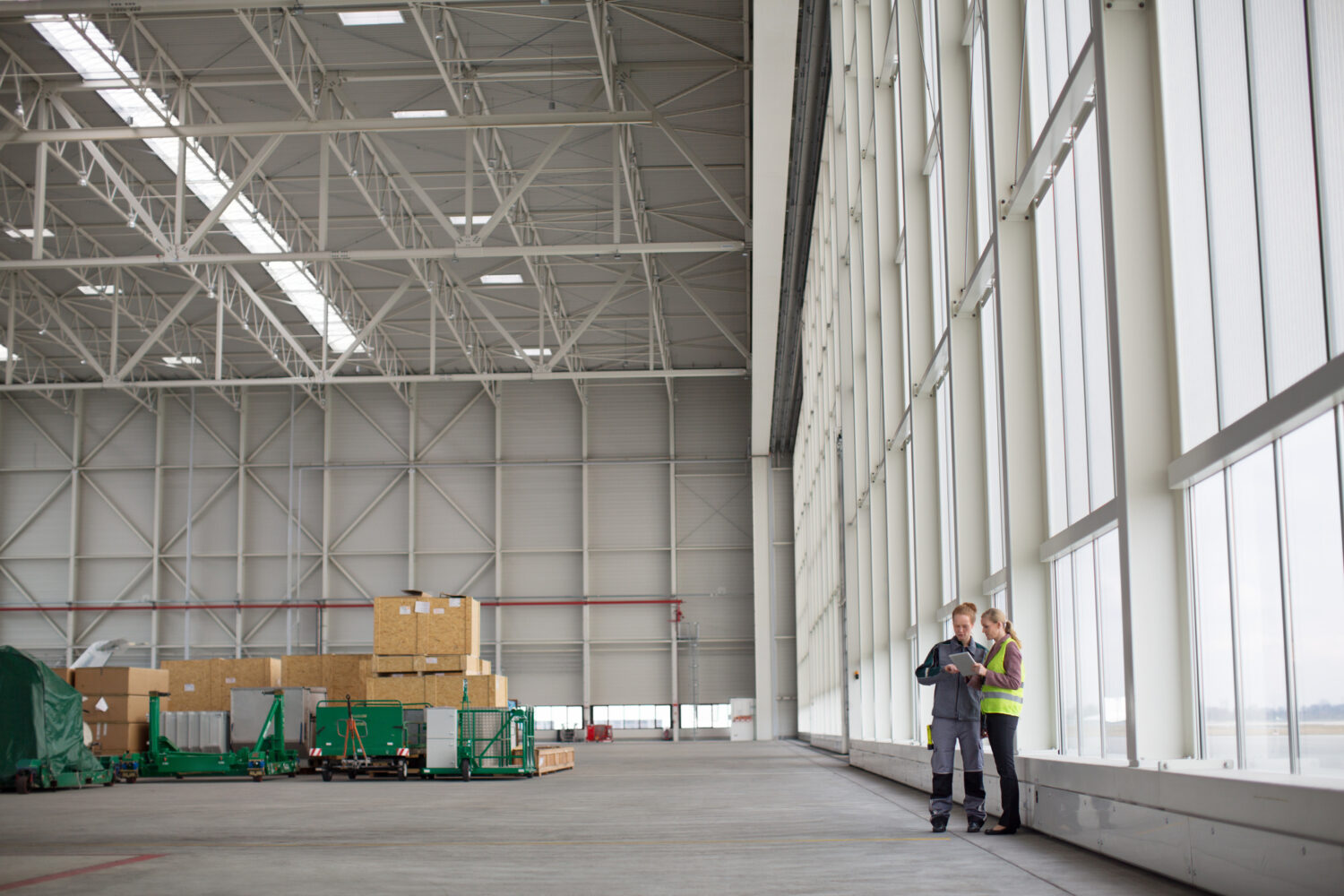
The aggregate profits of Australia’s major four banks has unsurprisingly taken a substantial hit in 2020 as they sought to support customers during economic uncertainty and has pushed banks down the path of digital transformation by necessity as the pandemic hit.
While Australia has been, so far, successful in controlling the spread of COVID-19, the lower-for-longer interest rates, higher unemployment, lower business and consumer confidence, and high household debt will significantly impact the top-line growth and cause structural challenges to the longer-term profitability of the sector.
Deloitte, in its full year analysis of Australia’s four major banks, ANZ, CBA, NAB and Westpac, compares their results, and their strengths and challenges across the key performance indicators of growth, efficiency, quality & risk, and capital & funding. The report also highlights the most important questions banking executives face in light of these challenges and the opportunities for the road to recovery.
Given the economic backdrop, it is not surprising that the aggregate FY20 cash profit of the major banks declined by $10 billion to $17.4 billion. (36.6% down vs FY19) and the bottom-line results were impacted by $6 billion of large, notable one-off items.
Even after stripping out these items, underlying cash profit from continuing operations declined by 22.6% highlighting the challenging outlook for the sector.
Deloitte Banking & Capital Markets Partner Steven Cunico said: “Year-end results came in stronger than expected six months ago, as the bleak outlook from earlier this year has not been realised. Nevertheless, there is no question that the COVID-19 pandemic has brought extraordinary challenges to the Australian banking sector.”
Banks have been able to amplify the impact of government fiscal and monetary policies by proactively extending support to households, small businesses and corporations. The banking sector has supported Australia through the pandemic-induced economic crisis in terms of loan deferrals. At the peak of the crisis in June, repayments on approximately 500,000 mortgages, and more than 200,000 small business loans were paused.
“In response to the government’s COVID-19 approach ‘to protect lives and livelihoods,’ the banks have assumed a frontline role, cushioning the country through the crisis,” Mr Cunico said. “The latest Australian Banking Association data shows that almost 45% of deferred mortgages are now back to normal and making regular repayments. This is a good sign but given government support measures are temporary and will come to an end next year, there continues to be uncertainty on the horizon.
“By extending unprecedented support to households, small businesses and corporates, banks have been able to continue to rebuild customer trust. Banks need to maintain and build on this momentum, as it could provide a significant competitive edge in the ‘new normal’ of 2021 and beyond.”
The pandemic has broken down barriers to digital transformation by driving fundamental shifts in the banking industry, such as the forced adoption of online, mobile, and call centres; overnight virtualisation of the workforce; and creating a tipping point for digital and contactless payments.
Deloitte Financial Services Leader Arthur Calipo said banks have the opportunity to accelerate their transformation agenda.
“Banks should be looking to connect deeply with their customers and delivering simpler, better and more engaging banking experiences. At the same time they also need to make changes to their cost base and streamline processes while maintaining appropriate risk controls. In doing so, banks will have the right foundation to thrive through this current challenge and beyond.”



